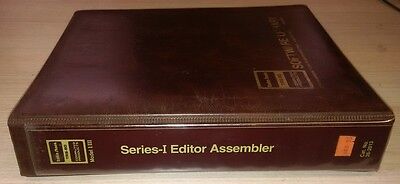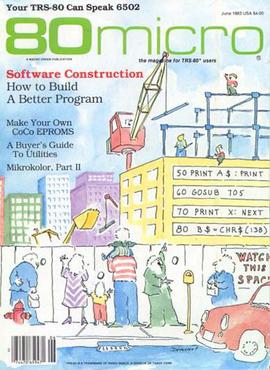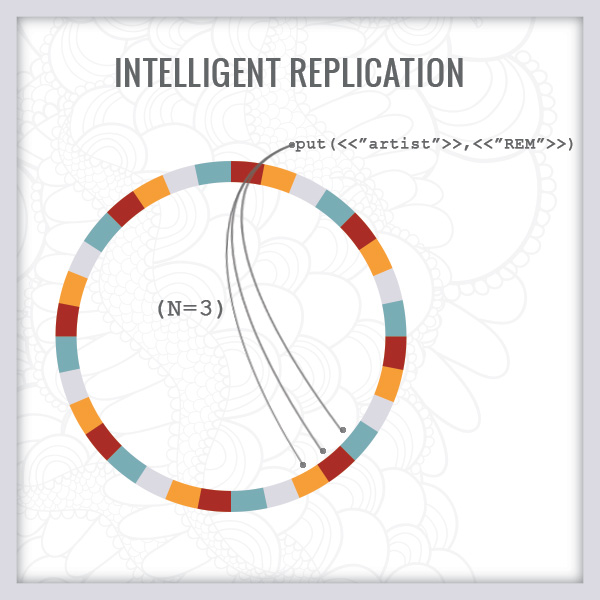How it should go when you screw up
A couple weeks ago I accidentally replaced our live, production database with a 17-hour old snapshot.
I had intended to target a test server, not production. I didn’t realize what I had done for an hour or so, and by that time I had already left work. (I was actually out walking my dog. Not a good setting for managing a production crisis.)
Here’s how my team and I handled it.


